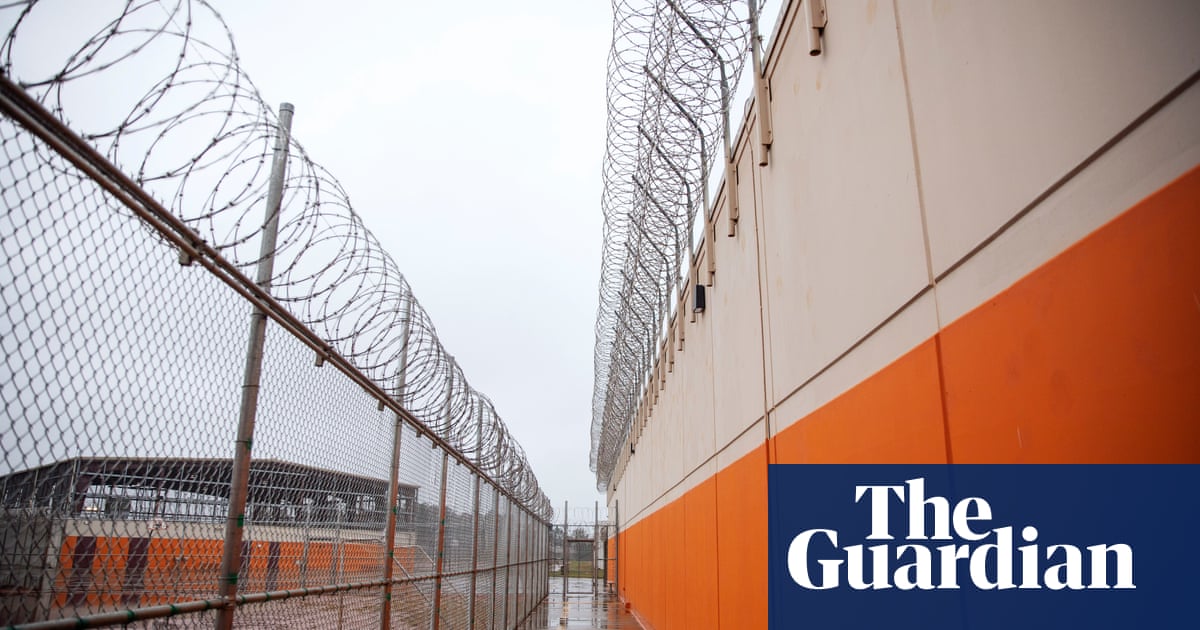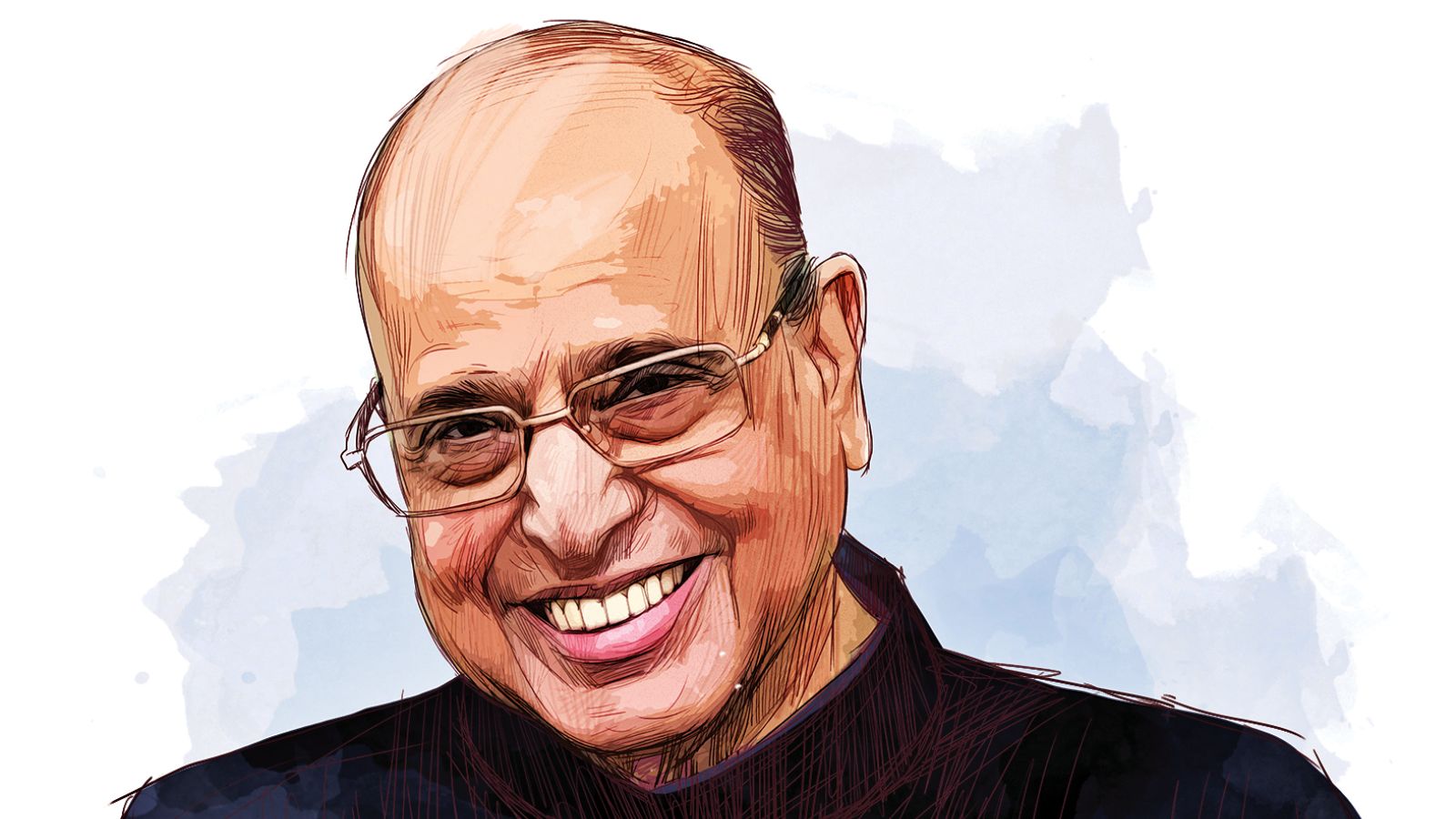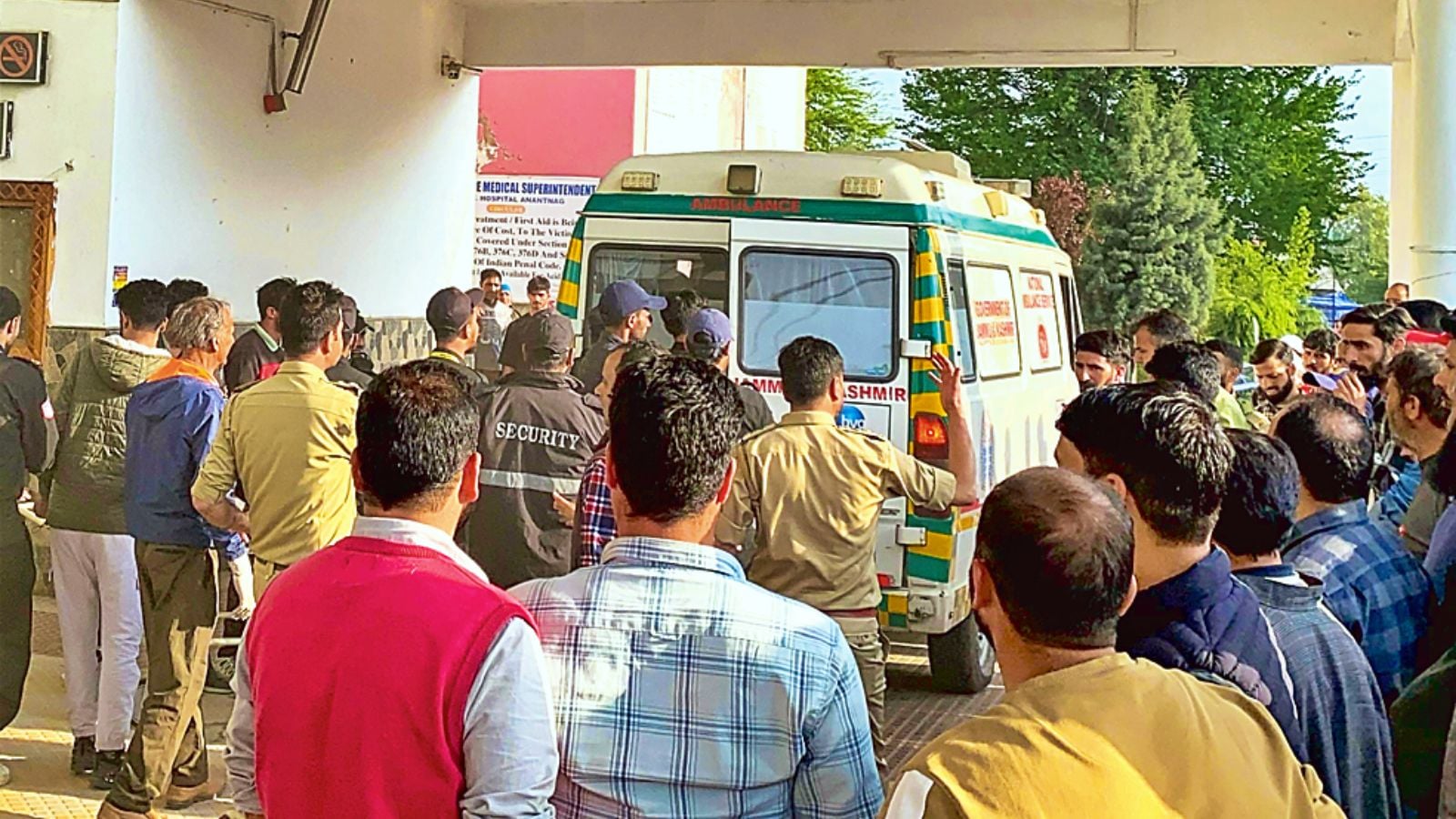Disabled people detained by Ice sound alarm over overcrowded jails

In his three months locked up at Stewart detention center in Lumpkin, Georgia, Rodney Taylor has missed meals and showers, lived with increasing pain in his hips, developed a swollen thumb on his right hand and blisters on the stumps where his two legs were amputated when he was a toddler. Taylor’s mother brought him to the US from Liberia on a medical visa as a small child. He went through 16 operations and is a double amputee. He has two fingers on his right hand. Now 46, he has lived in the US nearly his entire life, works as a barber, is active in promoting cancer awareness in his community, and recently got engaged. Nonetheless, his immigration status is unresolved, and despite having an application for residence pending – commonly known as a “green card” – on 15 January, Ice agents arrived at his Loganville, Georgia home and took him to Stewart. The reason, according to his attorney, who shared paperwork from his case with the Guardian: a burglary conviction he received as a teenager and which the state of Georgia pardoned him for in 2010. View image in fullscreen Rodney Taylor. Photograph: Courtesy of Danis His case is one of an untold number of people with disabilities and other serious health issues who are being swept up in the current administration’s “mass deportation” efforts. These efforts are carried out in extreme overcrowding at the hundred-plus detention centers like Stewart across the nation. They also happen without the benefit of two federal offices that formerly provided oversight for healthcare and other issues, and now a situation is unfolding where detainees with disabilities like Taylor are increasingly at risk of life-altering outcomes and even death, experts say. “It’s the perfect storm for abuses to occur – including negligence,” said Joseph Nwadiuko, a professor of medicine at the University of Pennsylvania who researches the immigration detention system. “Deaths are much more likely … [and] we haven’t thought about the healthcare implications of what’s developing,” he said. The immigration detention system was already a precarious, potentially unsafe place for detainees with disabilities, according to experts and a handful of current and former employees with the Department of Homeland Security – Ice’s parent agency. But when the current administration closed the Office for Civil Rights and Civil Liberties (CRCL) and the Office of the Immigration Detention Ombudsman (Oido) last month, detainees such as Taylor were left with less protection than ever – at a time when nearly 48,000 detainees are locked up nationwide, the highest number since October, 2019. “It’s all happening in the dark,” said Sarah Owings, Taylor’s attorney, speaking of conditions facing her client and others like him. Taylor spoke to the Guardian from Stewart. When he was detained in front of his house, he was only days away from picking up new prosthetic legs; the ones he was using were too tight. Then the detention center gave him shoes that didn’t fit the legs and trying to walk “felt like walking on concrete on my knees”, he said. In addition, the prosthetic legs have batteries that require eight hours of charging a day. But after being locked up at Stewart, he didn’t even see a doctor for three days, and in the ensuing months, the facility has never been able to arrange for eight hours of charging, allowing only several hours at a time. The result: the batteries die and the legs don’t bend, creating more pain in Taylor’s hips. Taylor and Owings sought a medical leave, in order to see the doctor who could at least fit him for the new prosthetic legs – and were denied. A second petition is “under review”, he said. In the meantime, walking to the cafeteria to eat has proved too painful. Other detainees brought him meals for awhile, but often had to argue with guards for permission. A case manager took over the chore, often arriving at least an hour after meals. Staff also offered Taylor a wheelchair – but he can’t push it, as his right hand only has two fingers, and his thumb has swollen and become painful since he was detained. Taylor’s case was one of several featured in a CNN story about people facing possible deportation after decades of living in the US. Afterwards, he said, “the warden came to me and said, ‘Tell me what you need.’” He told him about his legs and thumb. “I haven’t heard a response yet,” Taylor said. “It’s stressful.” Taylor told the Guardian he is not the only detainee at Stewart with medical issues. He met another detainee who suffered an infection and couldn’t walk; the man had to wait about a month to get crutches. “Unless you’re dying or bleeding out … they’re not going to come,” he said a guard told him and several others. “They think, ‘Everybody is getting deported soon … and fixing your issue is not our concern – getting you outta here is our concern. Why spend all this extra money?’” said Taylor. The situation is the same at other Ice detention facilities, several experts told the Guardian. They mentioned Krome, in Miami, Florida, where at least three detainees have died in recent months and others with conditions such as HIV have gone weeks without medicine. Amy Zeidan, a professor of emergency medicine at Atlanta’s Emory University who has researched healthcare in the immigration detention system, said that increasing overcrowding also worsens a chronic workforce shortage. “They don’t have enough qualified people,” she said. “They don’t have the people they need to provide appropriate care.” These conditions “are emblematic of the system” under the current administration, said a DHS staffer who preferred anonymity to avoid retaliation. Michelle Brané was the ombudsman at the Oido until the office of 100-plus employees was shut down, doing away with inspections of immigration detention facilities – both announced and unannounced; responses to complaints; and policy recommendations for improving such aspects of detention as healthcare. Her office “deescalated situations that are now being exacerbated [by] … increasing detentions”, she said. The DHS sees things differently. “These offices have obstructed immigration enforcement by adding bureaucratic hurdles and undermining [the department’s] mission,” said DHS spokesperson Tricia McLaughlin in March, regarding shuttering the Oido and the CRCL, which handled more in-depth investigations of healthcare and other issues. Ice did not respond to a query from the Guardian. This attitude, said Brané, shows a “disdain for meeting basic humane conditions”, adding that her office was “created by statute and funded by Congress”. The former ombudsman is concerned about the situation facing detainees with disabilities and other serious health issues. “Ultimately, I’m worried people will die, or suffer irreparable harm – and dying shouldn’t be the point at which we start caring,” she said. “We shouldn’t be a country that is willingly mistreating people.”

















